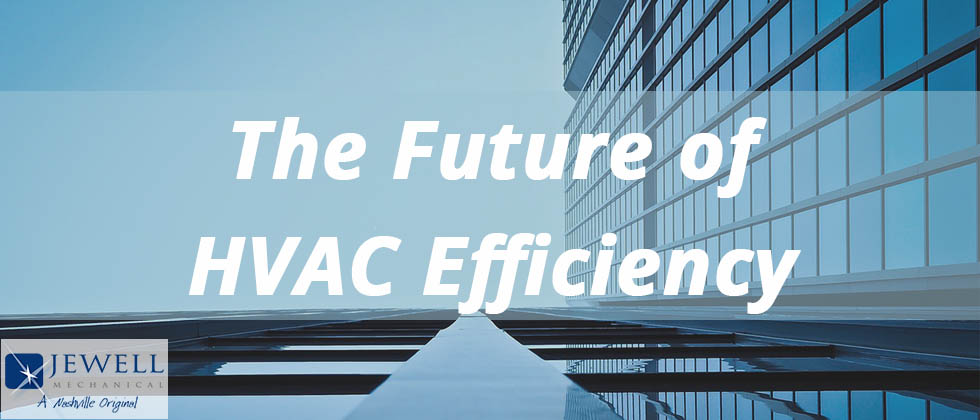
Thinking of upgrading your HVAC system? Because technology is changing all the time and improving the ways that we run our homes and businesses, of course this reaches to HVAC as well.
Engineers are finding new ways to make heating and cooling more efficient and easier, and homeowners are able to take advantage of these improvements.
Smart Thermostats Can Increase Efficiency of HVAC Systems
So many of our home appliances are connected to the internet: crock pots, alarm systems, lights, and even our garden hoses. Many of these tools are also able to be controlled via smartphones and computers. The Internet of Things (IoT) is truly making its way into our homes.
The best part about all this new technology is that it can increase the energy efficiency of your current HVAC systems.
Computer controlled thermostats, like Nest and Lyric, are wifi enabled, so you can adjust the temperature in your home from anywhere. Other programmable thermostats allow you to set different temperatures for day and night, weekends and weekdays. This means you don’t spend time heating or cooling your house when no one is at home.
Net Zero Energy Buildings
The Net Zero Energy movement is taking off across the US as energy bills rise and alternative forms of energy become more common.
You don’t have to live in a field of solar panels to have a net zero homes. A net zero home may still pull energy from the local power companies, but it gives enough energy back to the grid to even out its usage. These well-insulated and tightly sealed buildings are using energy efficient commercial steel doors & are popping up in cities and neighborhoods, too.
Older homes can be retrofitted for energy efficient insulation, energy efficient landscaping, air-tight windows and doors, duct sealing, and even lighting.
Variable Refrigerant Flow
Although Variable Refrigerant Flow (VRF) technology has been around in Japan since the 1980’s, it’s really only started to pick up in other countries in the last decade.
VRF systems have the advantage of allowing for different temperatures in various parts of a building. They also take into account the outdoor temperature and the existing temperature of each building section, thereby expending less overall energy to heat or cool the area. These systems are most useful in large buildings where some rooms may not be used consistently.
If you’re concerned about how much energy your HVAC system uses, contact us now. We want you to have the best HVAC system for your home and your energy budget, and can give you advice on how to improve both. We also offer an Energy Savings Agreement which includes full maintenance, discounted repairs, and $500 off a system replacement.
